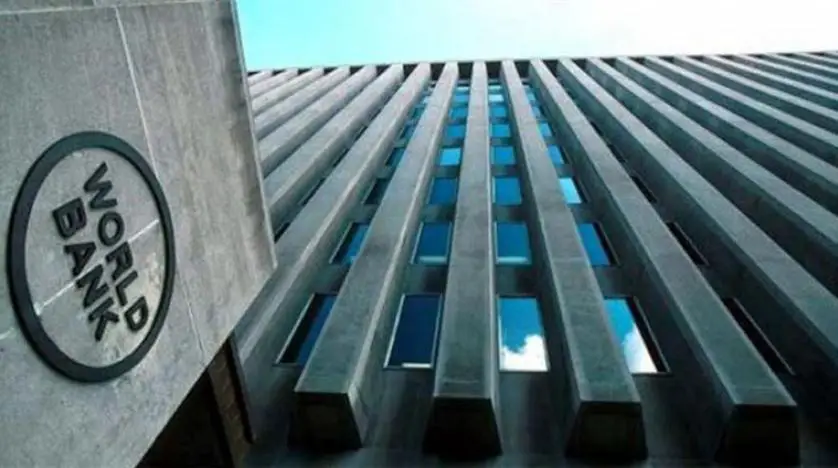The World Bank gave $379 million to help balance and strengthen statistical systems in seven West African countries.
The seven countries include Cote d’Ivoire, Burkina Faso, Sierra Leone, Ghana, Cabo Verde, Togo and Liberia.
The project “Harmonizing and Improving Statistics in West Africa (HISWA)’ is funded by the International Development Association (IDA) credits and grants.
The project key objective is to strengthen the statistical systems of the participating countries, regional and sub-regional bodies, in order to help them balance, produce, distribute and enhance the use of core social and economic statistics.
With World Bank’s efforts to deepen regional integration in Africa, the funding will also support the Economic Community of West African States (ECOWAS) and the African Union (AU).
Also Read: Africa asks World Bank, EU and IMF for debt relief support
“High-quality and harmonised statistics are essential to support economic activity and regional integration as a way to address some of the key challenges facing countries in West Africa. Through its regional approach, HISWA will allow for more cost-effective data and harmonisation of data across countries, which is instrumental in key areas such as the promotion of free trade, the convergence of economic policies, and many others,” said Deborah Wetzel, World Bank Director of Regional Integration for Africa.
Quality statistics in West Africa is limited by inconsistent financing and institutional weaknesses despite progress in the last 20 years, which leads challenges in addressing challenges that are emerging in various development sectors.
HISWA project aims at encouraging demand for data and increases the capacity of the offices in National Statistics in the member countries.
The key activities of HISWA will be the harmonisation of methodologies by the ECOWAS Commission, strengthened production of core social and economic statistics, including data dissemination, national accounts and price statistics, demographic and poverty statistics, institutional reforms and capacity-building.
The project will provide reliable data platforms, microdata and statistics bulletins to a bigger audience, including researchers, universities, students and also the general public beyond the National Statistics Offices and the regional bodies.
The project is aligned with the World Bank Group’s Regional Integration and Cooperation Assistance Strategy for sub-Saharan Africa by producing data that is key to national and monitoring and planning.
